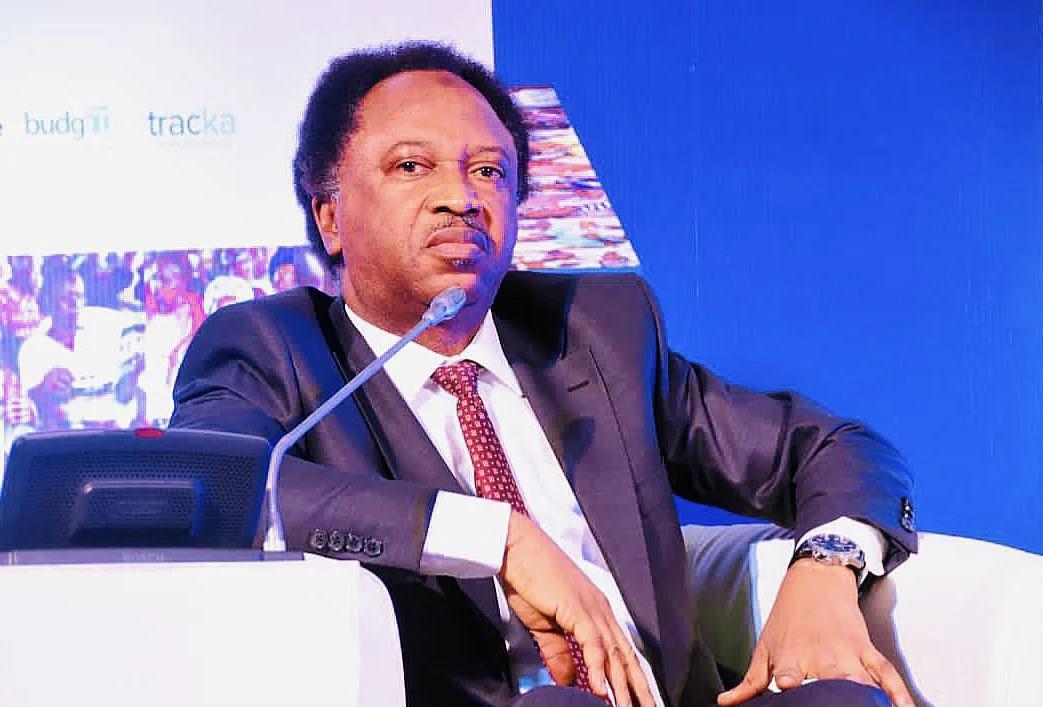Former Kaduna Central Senator Shehu Sani has voiced the collective frustration of Nigerians, stating that recent fuel price reductions have failed to inspire hope or alleviate the economic exhaustion felt across the nation. Sani emphasized that the minimal reduction in premium motor spirit (PMS) prices has been largely dismissed by citizens struggling under the weight of relentless economic pressures.
The senator’s remarks came via his official X (formerly Twitter) handle on Thursday, in response to the latest announcement by the Dangote Petroleum Refinery, which slashed its ex-depot petrol price to N899.50 per litre.
“People are so exhausted, even if petrol is reduced by N50, they just look and move on,” Sani wrote, underscoring the prevailing disillusionment among Nigerians.
The reduction, though notable, comes against the backdrop of a series of price adjustments that have done little to reverse the economic strain caused by inflation, stagnant wages, and widespread unemployment. Prior to the latest announcement, Dangote Refinery had reduced its petrol price to N970 per litre in May—a move welcomed cautiously by industry observers but largely met with indifference by consumers.
The fuel price reductions, though symbolic, highlight the widening gap between consumer expectations and economic realities. For many Nigerians, the N50 or N20 reduction offers little reprieve as the costs of essential goods and services remain stubbornly high. The inflationary pressures—fueled in part by exchange rate volatility, rising logistics costs, and high energy prices—continue to erode purchasing power, leaving citizens fatigued and disillusioned.
Economic analysts argue that while price cuts are a step in the right direction, they fail to address the structural challenges that drive fuel costs and general inflation. The ripple effects of previous fuel subsidy removals are still deeply felt, as transportation, food prices, and small business operations remain severely impacted.
“The exhaustion Senator Sani refers to is not just about fuel prices; it’s a symptom of a much deeper economic malaise,” says Dr. Olumide Awosika, an Abuja-based economist. “When citizens see incremental changes in fuel prices while the cost of living continues to skyrocket, the response is apathy. It reflects a loss of confidence in short-term measures to provide any real relief.”
The situation also highlights the challenge of balancing market dynamics with consumer welfare. Dangote Refinery’s efforts to reduce prices are viewed as a strategic move to gain market share while offering a measure of relief to consumers. However, the refinery’s pricing remains significantly influenced by factors such as crude oil costs, foreign exchange rates, and domestic distribution challenges.
For the average Nigerian, the reduction in petrol prices does not translate to measurable improvements in daily living. Commuters continue to face high transportation fares, and businesses—particularly those reliant on fuel-powered generators—struggle to offset operational costs.
“Even with price cuts, I still pay the same amount to transport goods to my shop,” lamented Olufemi Bassey, a small business owner in Lagos. “Everything else is going up, so what difference does N50 make?”













Leave a comment